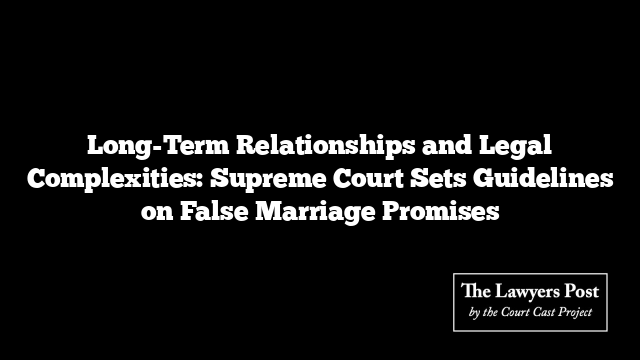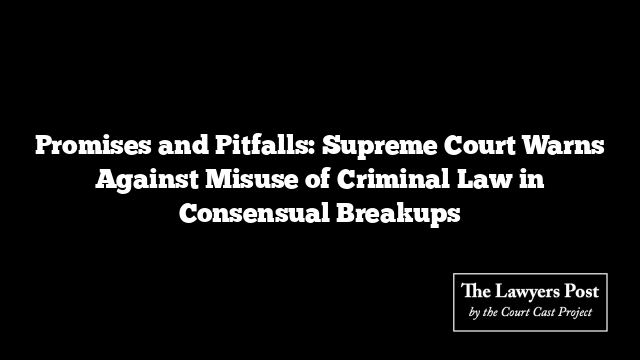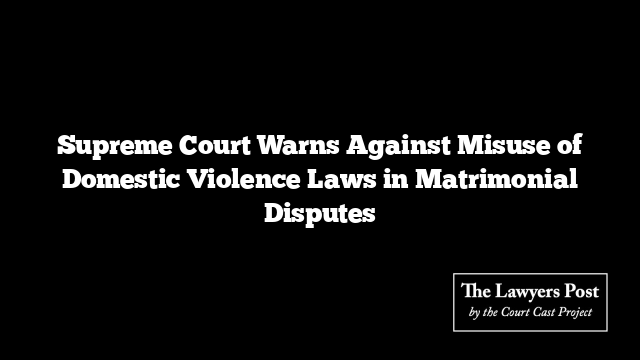In a pivotal ruling, the Supreme Court has drawn clear boundaries for cases alleging rape on the basis of a false promise of marriage. The judgment underscores that to invoke criminal liability, a sexual relationship must be shown to have occurred solely due to the promise of marriage, without other motivations.
The Court observed that when a woman maintains a physical relationship with a man over an extended period, it cannot automatically be presumed that the relationship was exclusively driven by a marriage promise. Factors such as mutual affection or other personal reasons might play a role. To constitute the offence of rape in such circumstances, the sexual relationship must be proven to have stemmed directly from a fraudulent assurance of marriage, with the woman’s consent being invalidated by such deception.
The bench, comprising Justices BV Nagarathna and N. Kotiswar Singh, noted:
“If a man is accused of having a sexual relationship based on a false promise of marriage, the relationship must be directly linked to that promise, without being influenced by other factors. A woman may engage in such a relationship for reasons unrelated to marriage, such as personal liking, without insisting on formal marital ties.”
The Court further elaborated that if a relationship persists over a long period with the woman’s knowledge and active participation, it becomes difficult to claim that the relationship was purely driven by a marriage promise.
This judgment arose from a case in which a man faced allegations of rape following the dissolution of a decade-long relationship. The complainant alleged that the man had forced her into a physical relationship under the guise of a false promise to marry. However, the Court found that the prolonged, consensual nature of the relationship, coupled with a lack of consistent protest, indicated mutual involvement rather than coercion.
The appellant argued that the accusations were retaliatory, emerging only after he ceased providing financial assistance to the complainant. The Court dismissed the complainant’s claims of forceful intercourse, emphasizing the absence of evidence supporting deception at the outset.
Expressing concern over a growing pattern, the bench remarked on the increasing misuse of criminal jurisprudence in cases involving consensual relationships that end acrimoniously.
“It is troubling to see consensual relationships being retrospectively criminalized when they turn sour. Allowing criminal liability to be imposed in such cases, especially after significant delays, opens the door to misuse and unjust legal consequences.”
The judgment reflects a broader effort by the judiciary to delineate the boundaries of criminal law in complex interpersonal relationships, ensuring that the legal process is not weaponized to address grievances stemming from consensual but failed partnerships.





